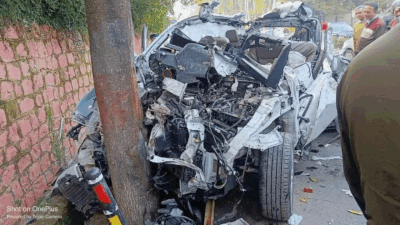With the ban on hunting trophies set to become law...
How arrogant of this government to try to dictate to African nations how to manage their wildlife, writes FRANCIS VORHIES By Francis Vorhies For The Daily Mail Published: 23:20 BST, 16 August 2024 | Updated: 23:29 BST, 16 August 2024 e-mail View comments For farmers on the land around my Oxfordshire home, deer are a constant problem. They invade the fields and nibble the crops, or strip the bark from woodland trees. But it could be so much worse.
Imagine the devastation if herds of hippos took up residence on the banks of the Thames. Think of the mess a few thousand buffalo could cause — and the danger to the rural population. In southern Africa, where I work as wildlife conservationist for much of the year, that’s the reality.
People have to live and farm alongside these majestic but often dangerous animals. Managing wildlife presents a major challenge for African governments, and part of a successful strategy has to involve hunting. While not a hunter I can’t help but recognise the benefits that hunting can provide, bringing in money to impoverished communities and protecting local people from harm.
In southern Africa, people have to live and farm alongside majestic but often dangerous animals, writes FRANCE VORHIES The remains of an elephant in Chobe, Botswana. Successive governments have taken efforts to curtail hunting on the continent, but such interference is profoundly unwelcome Britain is a nation of animal-.


















